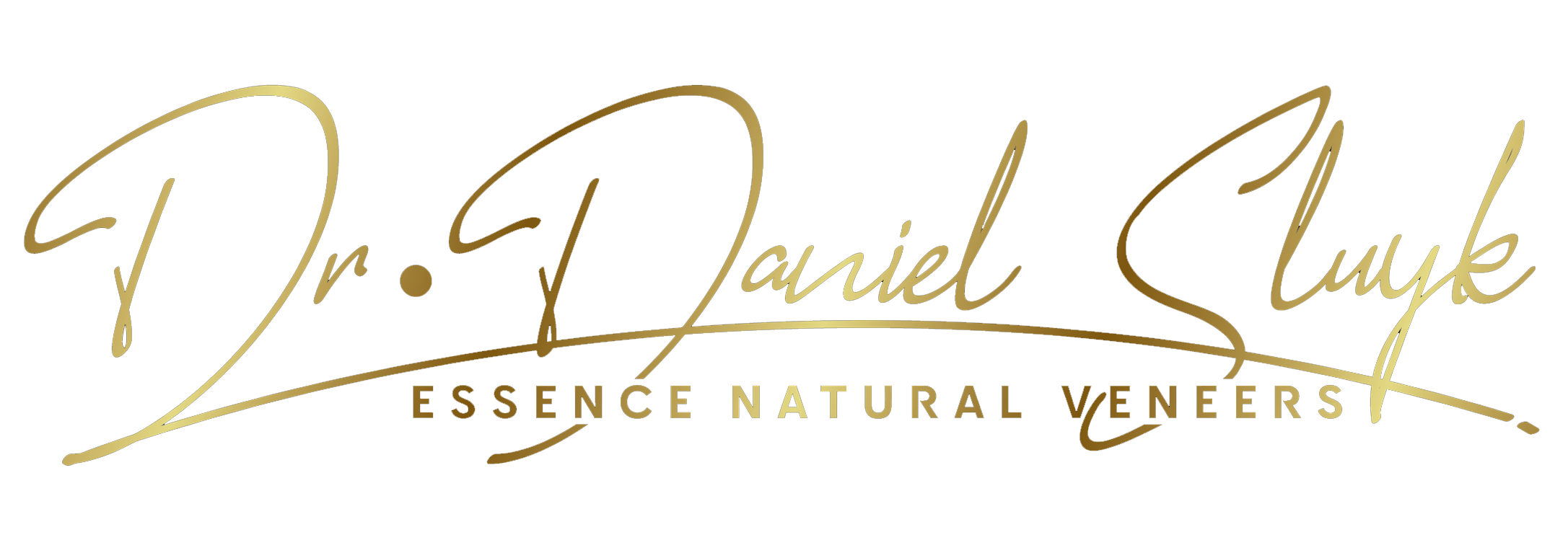
A healthy, beautiful smile is something everyone strives for, but did you know that maintaining it starts with something as simple as your daily routine? The foundation of good oral hygiene isn’t just about visiting the dentist twice a year—it’s about what you do every day to protect your teeth and gums.
Brushing, flossing, and using mouthwash may seem like basic habits, but these actions are crucial to keeping your smile bright and your mouth healthy. Let’s dive into why these three daily steps are essential for oral health.
1. Brushing: The First Line of Defense Against Plaque
Brushing your teeth is the most well-known and essential part of any oral hygiene routine. You should brush at least twice a day, once in the morning and once before bed. But why is brushing so important?
When we eat or drink, food particles and bacteria combine to form plaque, a sticky film that builds up on our teeth. Plaque can lead to tooth decay and gum disease if not removed regularly. Brushing with fluoride toothpaste helps to break down and remove plaque, while fluoride strengthens tooth enamel, making it more resistant to cavities.
How to Brush Properly:
- Use a soft-bristled toothbrush and fluoride toothpaste.
- Brush for at least two minutes, covering all surfaces of your teeth.
- Use gentle, circular motions to avoid damaging your gums.
- Don’t forget your tongue! Bacteria can build up there too, leading to bad breath.
2. Flossing: Reaching the Places Your Toothbrush Can’t
While brushing is essential, it doesn’t always get the job done on its own. Your toothbrush can clean the front, back, and top surfaces of your teeth, but it can’t effectively clean between them. That’s where flossing comes in.
Flossing is vital for removing plaque and food particles that get stuck between your teeth and along the gumline. If these areas aren’t cleaned regularly, they can lead to cavities, gum disease, and even bad breath.
How to Floss Properly:
- Use about 18 inches of dental floss.
- Gently slide the floss between your teeth, curving it around each tooth in a C shape.
- Be gentle! Flossing too aggressively can hurt your gums and cause bleeding.
- Floss once a day—preferably before bed—so you’re not letting food and bacteria sit in your mouth overnight.
3. Mouthwash: The Finishing Touch for a Cleaner Mouth
Mouthwash isn’t just for freshening breath—it’s an effective way to reach areas that brushing and flossing may have missed. Many mouthwashes contain antibacterial properties that can kill germs, reduce plaque buildup, and help prevent gingivitis (early gum disease).
Mouthwash can also provide additional fluoride to help prevent cavities, and some formulas even help with dry mouth by adding moisture.
How to Use Mouthwash:
- Use a mouthwash with fluoride or antibacterial properties.
- Pour the recommended amount into a cup (usually about 20 ml) and swish for 30-60 seconds.
- Avoid eating or drinking for at least 30 minutes after using mouthwash to get the full benefits.
Why These Three Steps Are Essential
Brushing, flossing, and mouthwash work together to maintain the health of your teeth and gums, preventing issues such as:
- Cavities: Regular cleaning removes plaque, which can turn into tartar and lead to decay.
- Gum Disease: Flossing helps keep gums healthy by removing plaque and bacteria that cause inflammation and bleeding.
- Bad Breath: Mouthwash kills bacteria that cause foul odors, leaving your breath fresh.
- Tooth Sensitivity: Proper care prevents damage to your enamel, reducing the chances of sensitive teeth.
Maintaining a Consistent Routine
It’s easy to overlook your oral hygiene routine on busy mornings or nights, but consistency is key. Skipping even one of these steps regularly can lead to plaque buildup, cavities, and other dental issues over time.
Remember, prevention is always easier (and less expensive!) than treatment. The healthier your teeth and gums are now, the fewer dental problems you’ll face in the future.
Conclusion: Small Effort, Big Rewards
Daily oral hygiene doesn’t have to be complicated. By brushing twice a day, flossing, and using mouthwash regularly, you can maintain a clean mouth, fresh breath, and a beautiful smile. These simple steps take just a few minutes out of your day but go a long way in protecting your teeth from serious dental problems.
